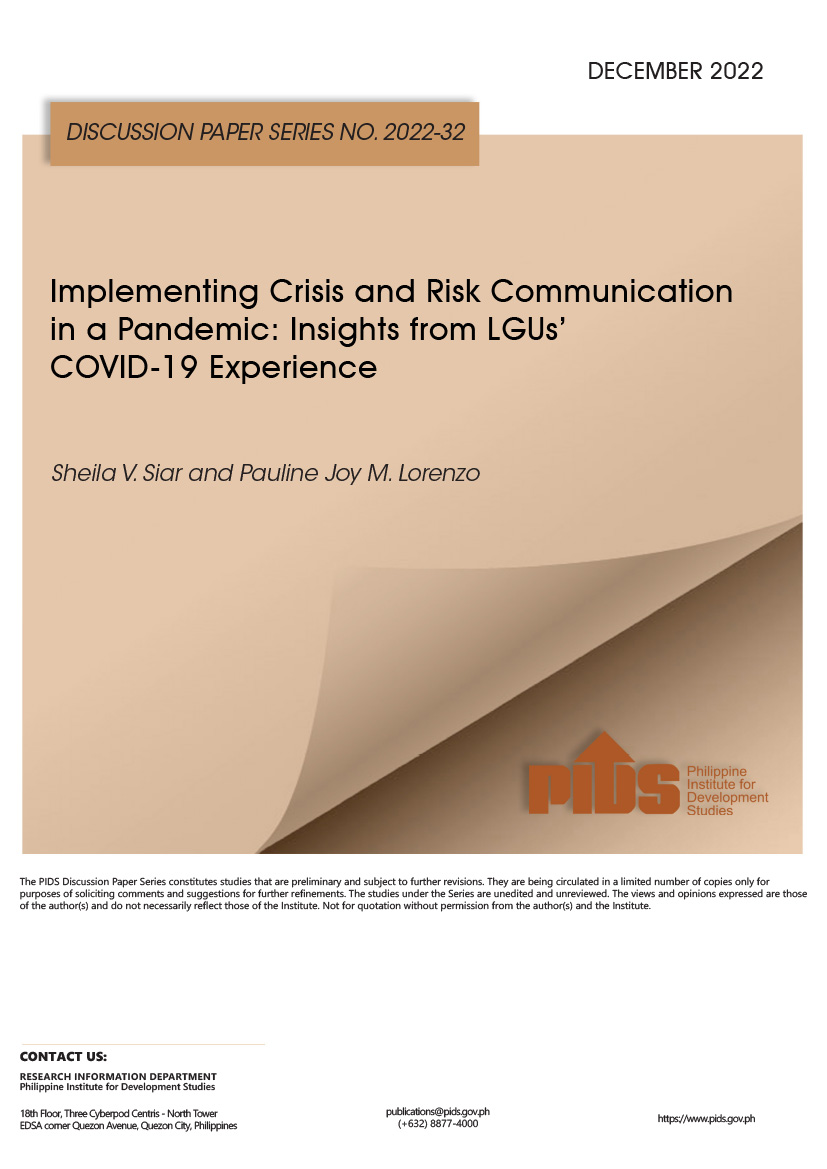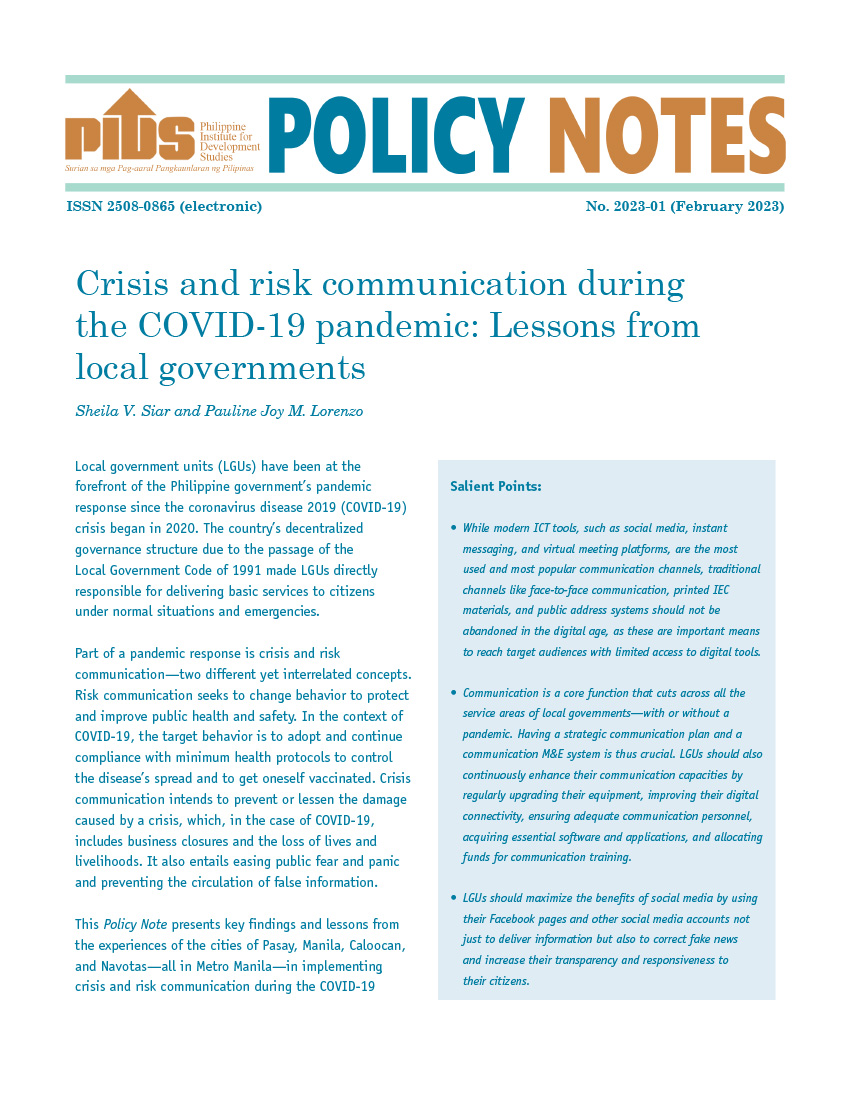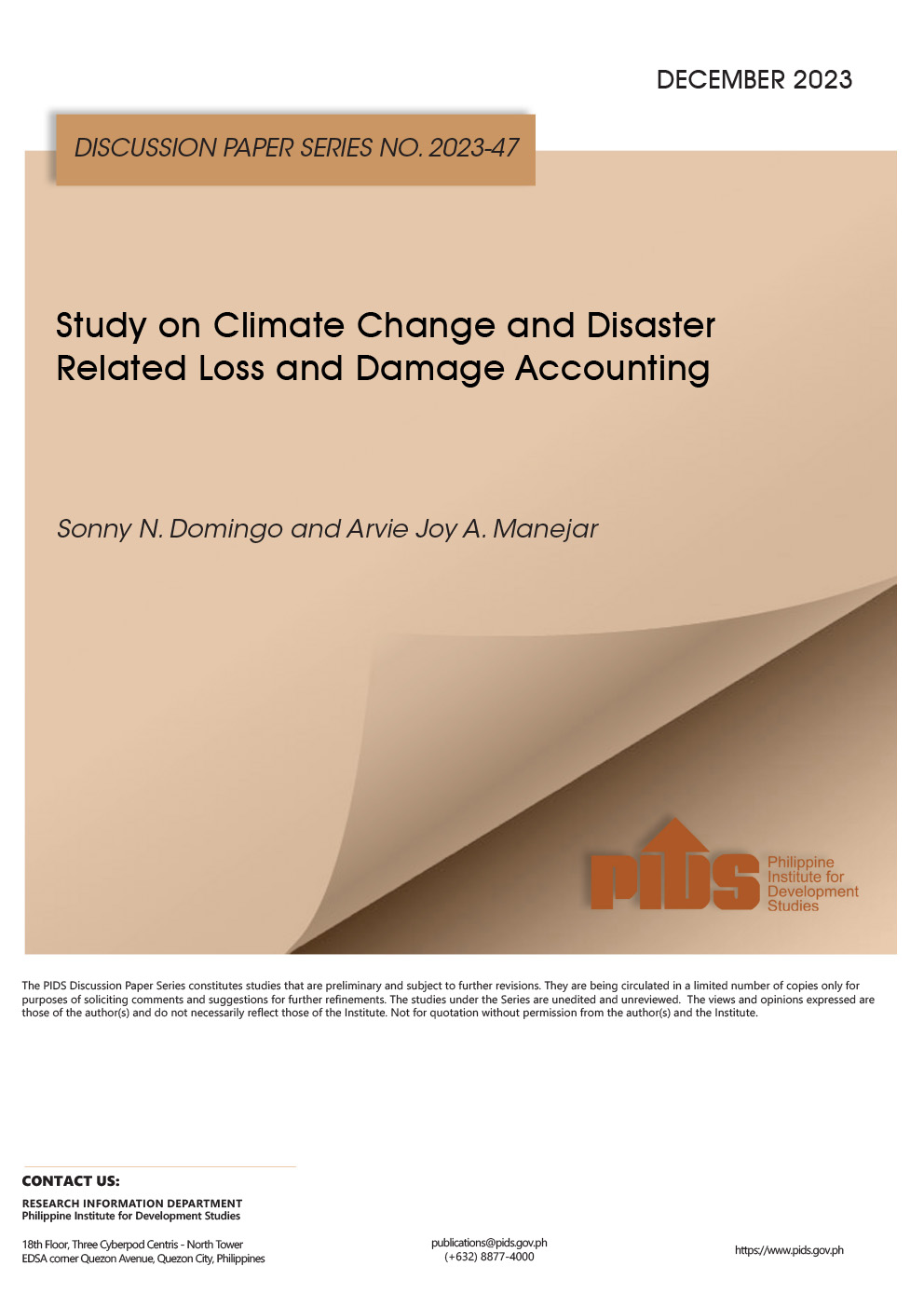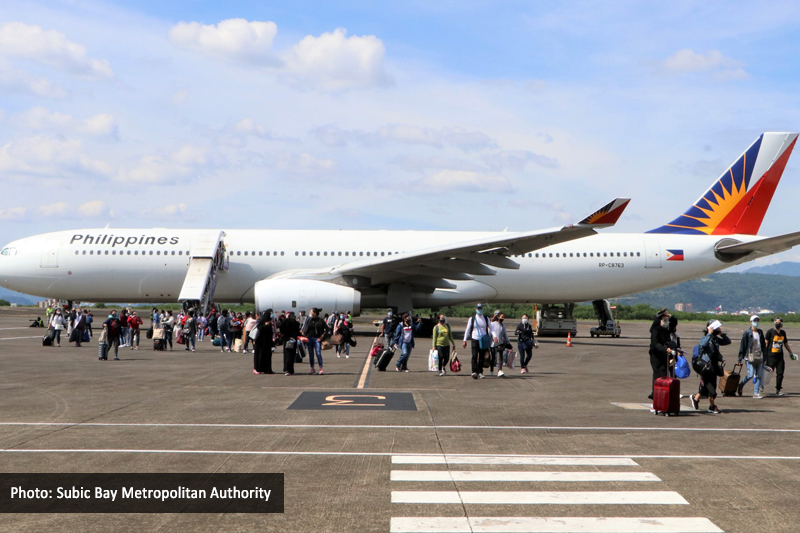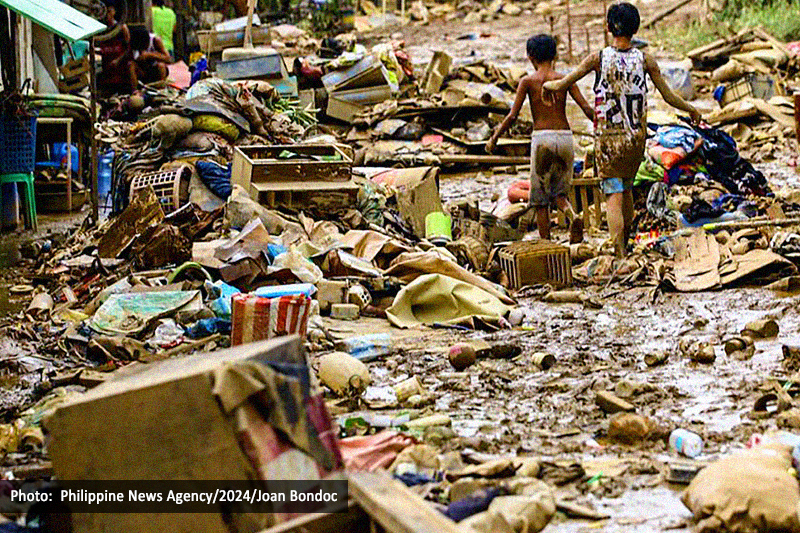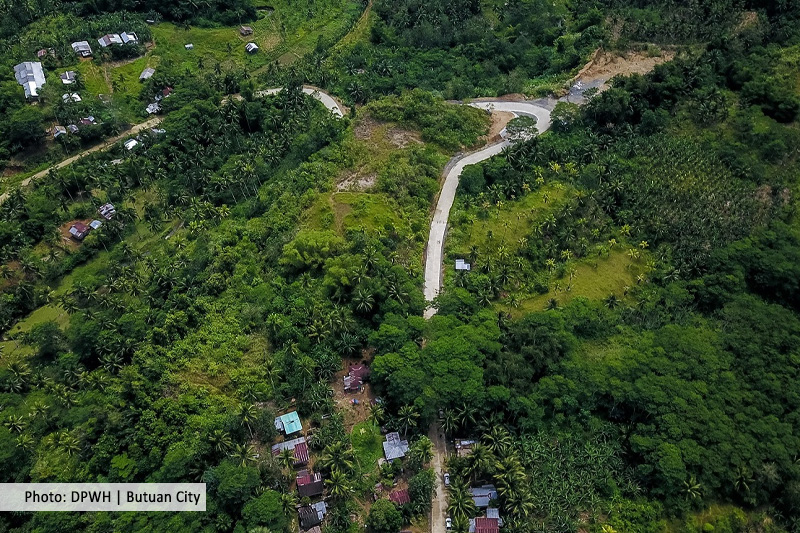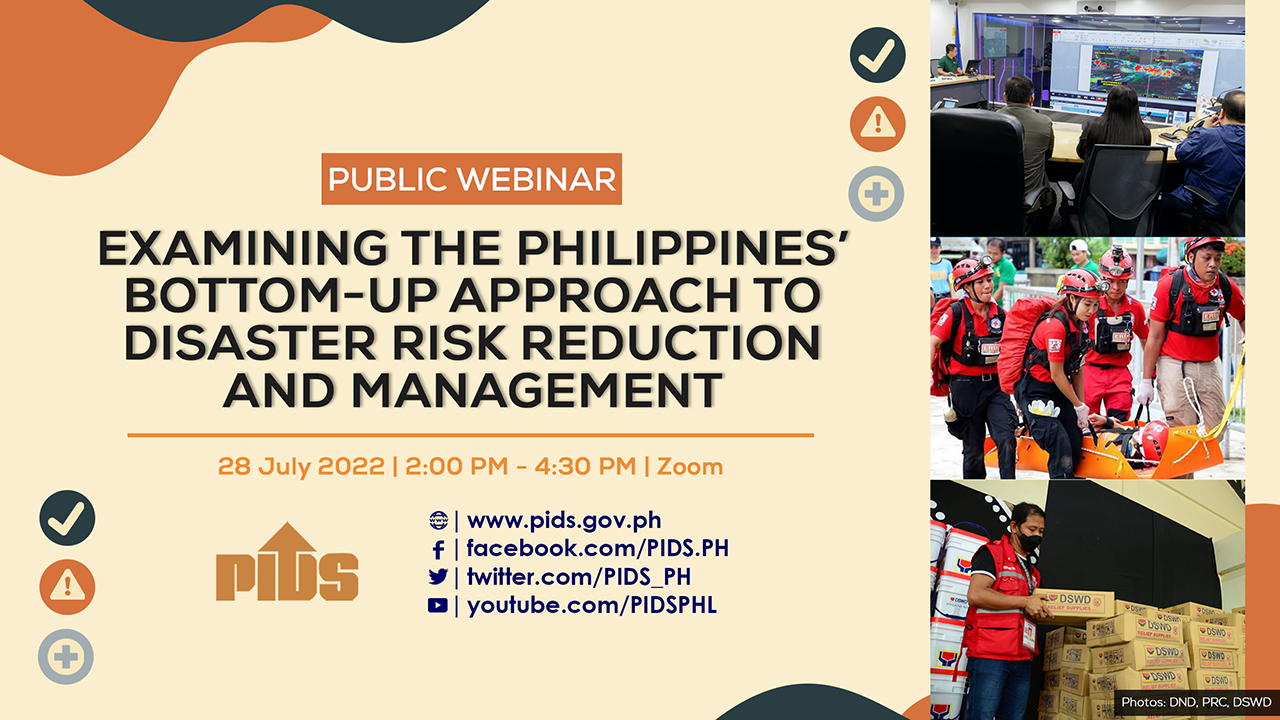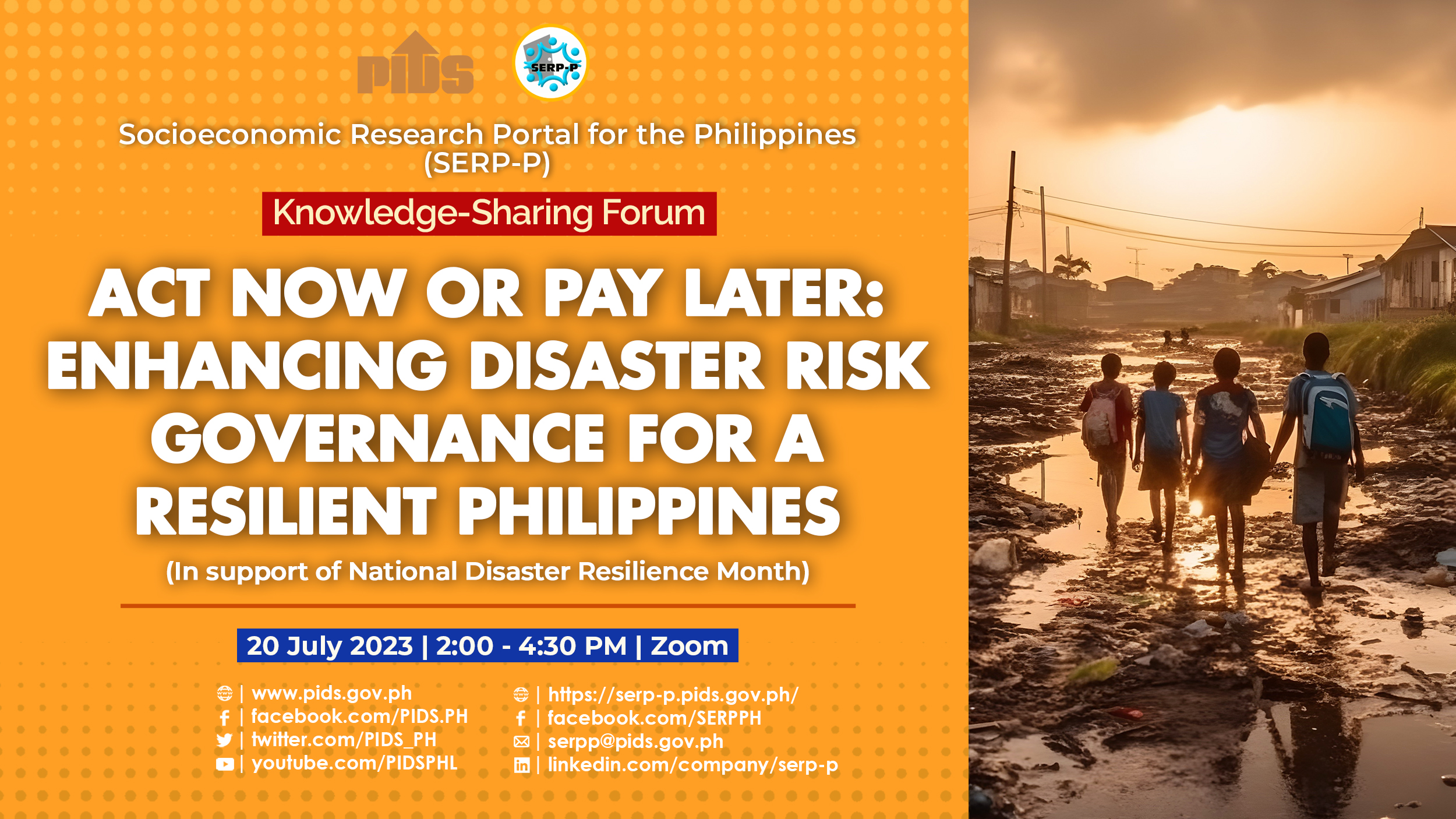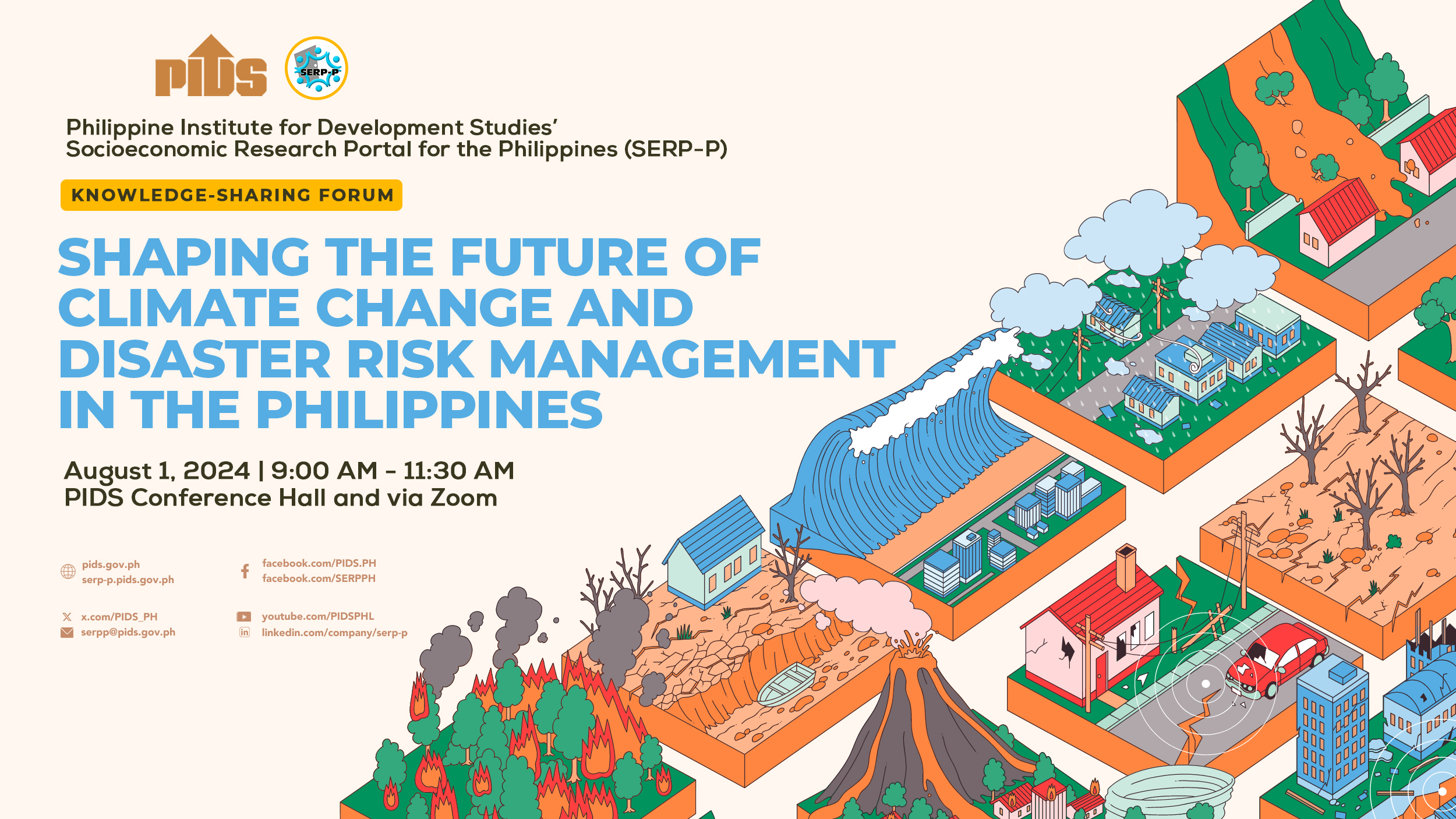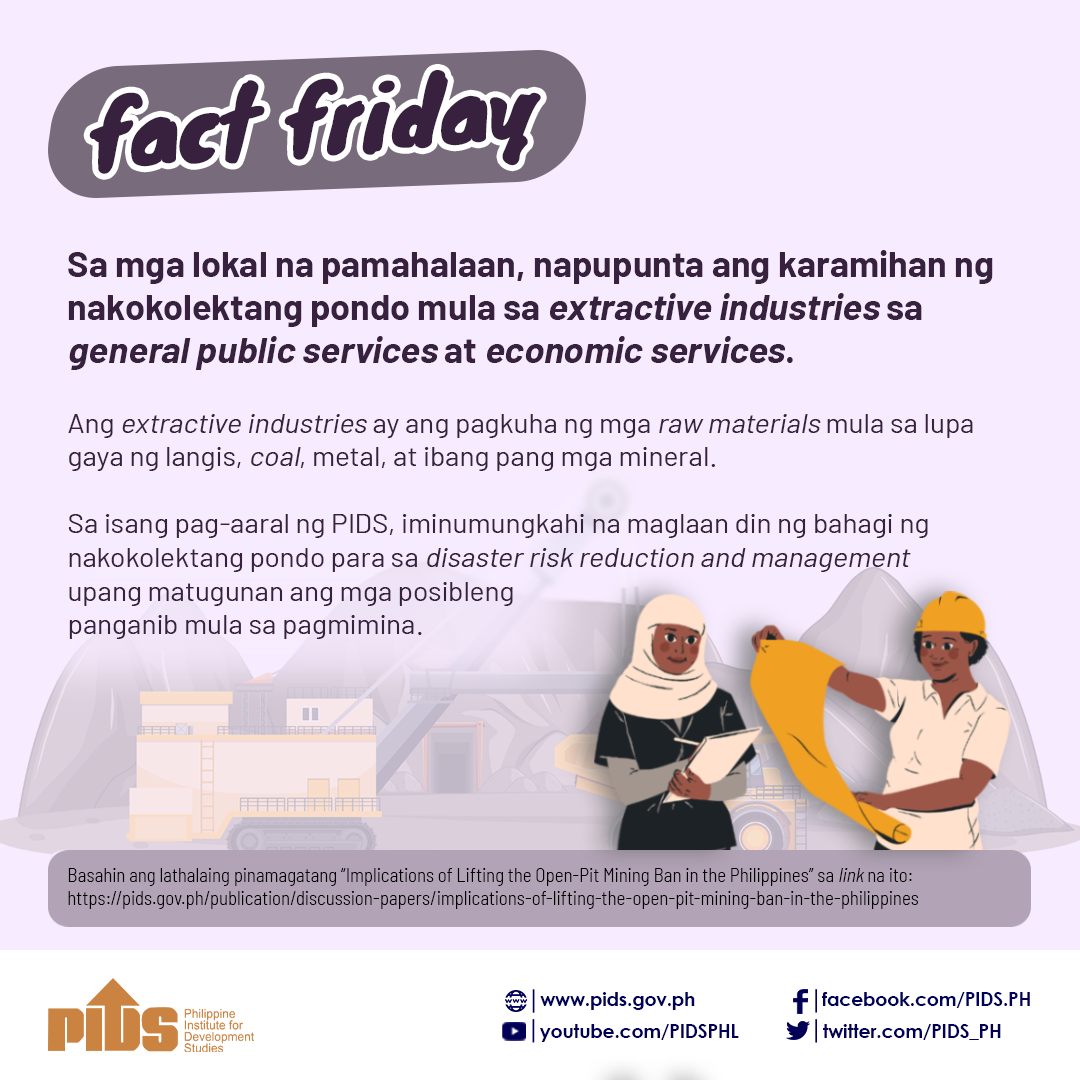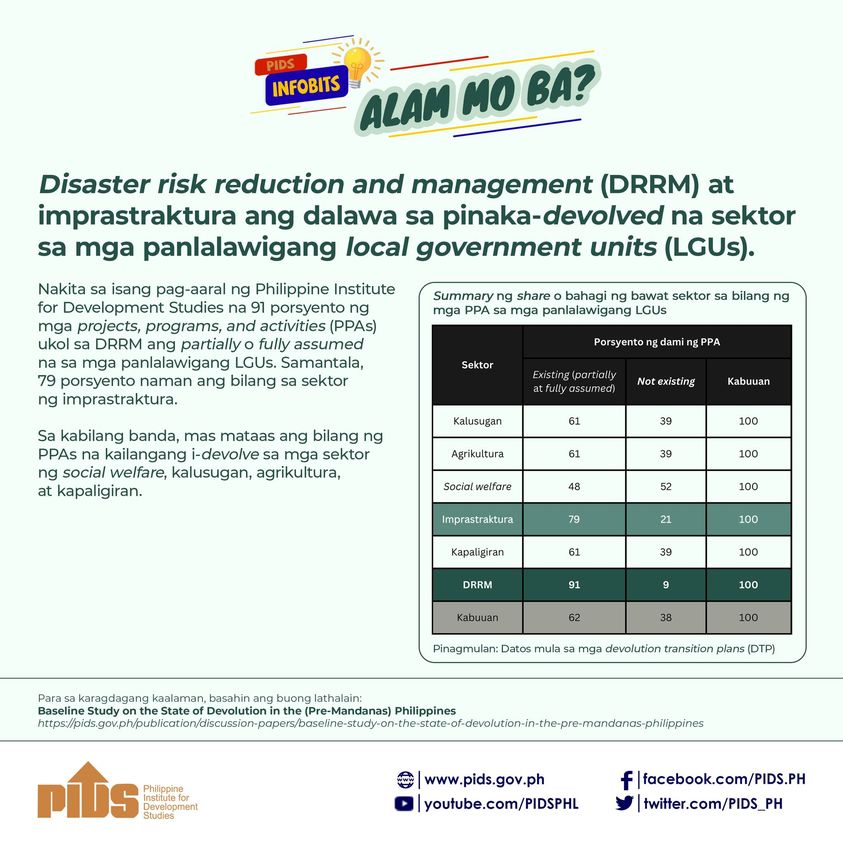A GRADUAL lifting of the regional lockdown and its would-be effect on the resumption of businesses is key to the recovery of risk assets, a United States-based investment company said.
In an e-mail interview last week, Franklin Templeton Managing Director Subash Pillai said the coronavirus disease 2019 (COVID-19) pandemic has resulted in the volatility of markets amid the drop in risk asset prices.
Risk assets are equities, commodities, high-yield bonds, real estate, currencies, or any other asset or financial product whose prices are at risk of fluctuating due to external factors.
With the global economy falling into its worst recession since the Great Depression — according to the International Monetary Fund — the recovery of risk assets is highly dependent on how governments will react to the pandemic.
“[I]t is very hard to make shorter term prediction on a recovery. We do favor risk assets recovering over a 6-18 month timeframe but expect the recovery to be volatile and uneven,” said Mr. Pillai, who is also the regional head of client investment solutions for Asia Pacific for Franklin Templeton Multi-Asset Solutions.
“Key to this recovery will be positive developments around our ability to combat the virus (i.e. a clearer pathway to a vaccine and /or improved treatment) as well as the staged reduction of social distancing measures by the government,” he added.
The COVID-19 pandemic has pushed nations across the world to implement varying degrees of lockdowns to help contain the spread of the virus.
In the Philippines, an enhanced community quarantine (ECQ) until the end of April has been in place over the Luzon island, which accounts for about 70% of the country’s gross domestic product. Some provinces have also implemented their own regional lockdowns as well.
The ECQ has resulted in the suspension of several “non-essential” work, which state-run think tank Philippine Institute for Development Studies said might result in losses to the economy of between P276.3 billion and P2.5 trillion.
Franklin Templeton’s Mr. Pillai said governments are expected to roll out expansionary fiscal and monetary settings to support a strong recovery for the economy.
He noted, however, that as an emerging economy, it will be more challenging for the Philippines to do this on the same scale other developed markets are able to.
“EMs (emerging markets) including the Philippines are employing expansionary fiscal policy, but most will lack the ability to stimulate to the extent that we are seeing from the US, UK, Australia and other DM (developed market) nations,” he said.
“It can be harder to finance aggressive fiscal stimulus for the economy, while currency depreciation can threaten the ability to support debt raised in foreign currencies,” he added.
Before he resigned, former Socioeconomic Planning Secretary Ernesto M. Pernia pushed for a gradual lifting of the ECQ after April 30 to help the economy start its recovery. Business groups have also called for the same measure from the government.
Senator Christopher Lawrence T. Go, a close ally and former personal assistant of President Rodrigo R. Duterte, said in a radio interview Sunday that the chief executive might decide this week whether to lift or extend the ECQ beyond April 30.
In an e-mail interview last week, Franklin Templeton Managing Director Subash Pillai said the coronavirus disease 2019 (COVID-19) pandemic has resulted in the volatility of markets amid the drop in risk asset prices.
Risk assets are equities, commodities, high-yield bonds, real estate, currencies, or any other asset or financial product whose prices are at risk of fluctuating due to external factors.
With the global economy falling into its worst recession since the Great Depression — according to the International Monetary Fund — the recovery of risk assets is highly dependent on how governments will react to the pandemic.
“[I]t is very hard to make shorter term prediction on a recovery. We do favor risk assets recovering over a 6-18 month timeframe but expect the recovery to be volatile and uneven,” said Mr. Pillai, who is also the regional head of client investment solutions for Asia Pacific for Franklin Templeton Multi-Asset Solutions.
“Key to this recovery will be positive developments around our ability to combat the virus (i.e. a clearer pathway to a vaccine and /or improved treatment) as well as the staged reduction of social distancing measures by the government,” he added.
The COVID-19 pandemic has pushed nations across the world to implement varying degrees of lockdowns to help contain the spread of the virus.
In the Philippines, an enhanced community quarantine (ECQ) until the end of April has been in place over the Luzon island, which accounts for about 70% of the country’s gross domestic product. Some provinces have also implemented their own regional lockdowns as well.
The ECQ has resulted in the suspension of several “non-essential” work, which state-run think tank Philippine Institute for Development Studies said might result in losses to the economy of between P276.3 billion and P2.5 trillion.
Franklin Templeton’s Mr. Pillai said governments are expected to roll out expansionary fiscal and monetary settings to support a strong recovery for the economy.
He noted, however, that as an emerging economy, it will be more challenging for the Philippines to do this on the same scale other developed markets are able to.
“EMs (emerging markets) including the Philippines are employing expansionary fiscal policy, but most will lack the ability to stimulate to the extent that we are seeing from the US, UK, Australia and other DM (developed market) nations,” he said.
“It can be harder to finance aggressive fiscal stimulus for the economy, while currency depreciation can threaten the ability to support debt raised in foreign currencies,” he added.
Before he resigned, former Socioeconomic Planning Secretary Ernesto M. Pernia pushed for a gradual lifting of the ECQ after April 30 to help the economy start its recovery. Business groups have also called for the same measure from the government.
Senator Christopher Lawrence T. Go, a close ally and former personal assistant of President Rodrigo R. Duterte, said in a radio interview Sunday that the chief executive might decide this week whether to lift or extend the ECQ beyond April 30.

